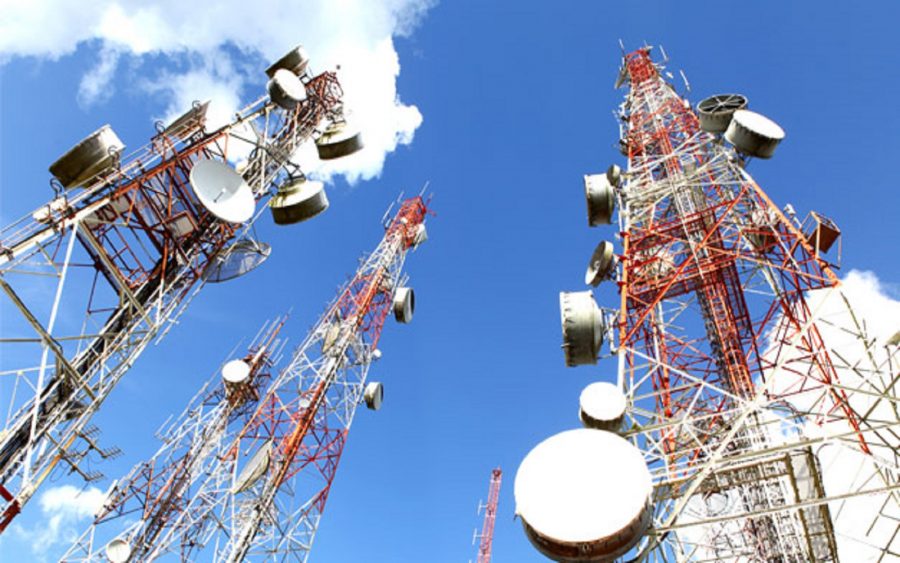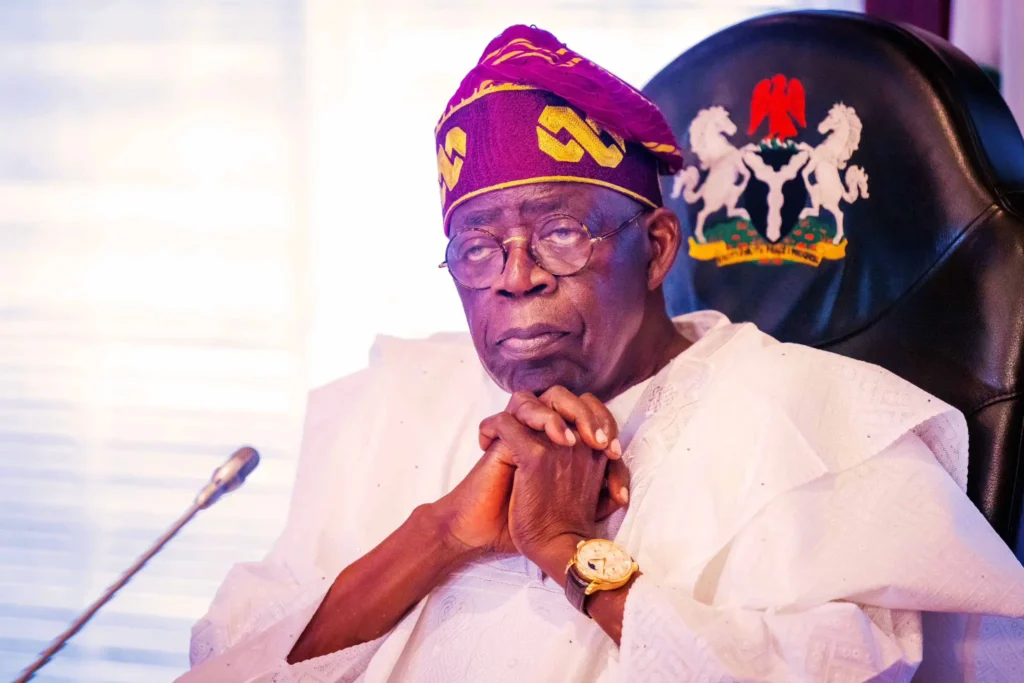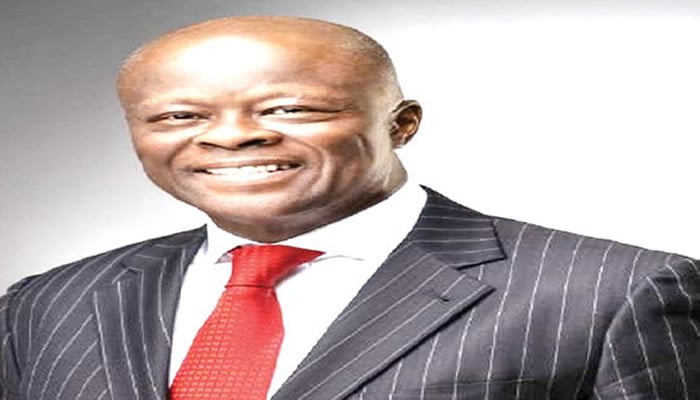The Nigeria Labour Congress (NLC) has called off its planned nationwide protest against the recent 50% hike in telecom tariffs. This decision followed a meeting between NLC representatives and government officials at the Office of the Secretary to the Government of the Federation in Abuja. The tariff increase, implemented by the Nigerian Communications Commission (NCC), was justified by the regulator as necessary due to rising operational costs, including inflation, foreign exchange fluctuations, and increased energy expenses. The NCC cited its mandate under the Nigerian Communications Act, 2003, to ensure the financial viability of the telecom sector. However, the NLC strongly opposed the hike, demanding a reduction to 5% and threatening a nationwide protest if their demands were not met, deeming the increase insensitive and unjustifiable, especially given the existing economic hardships faced by Nigerians.
Despite the NLC’s opposition, telecom operators maintained that the tariff adjustment was crucial for maintaining service quality and supporting network expansion within the challenging economic landscape. They ruled out any negotiations with organized labor regarding the tariff increase, asserting that no reduction would be made. The Association of Licensed Telecommunications Operators of Nigeria (ALTON) Chairman, Gbenga Adebayo, argued that the approved increase is essential for the survival of telecom operations amidst escalating costs. The NLC had mobilized various groups, including electricity and aviation workers, as well as civil society organizations, to participate in the planned protest. However, the Monday meeting resulted in the NLC suspending the demonstration pending the outcome of further discussions.
Following the meeting, NLC President, Joe Ajaero, announced that the government had agreed to establish a larger committee to review the entire tariff structure. This committee will comprise five representatives from both the government and the NLC and is expected to submit its findings within two weeks. Ajaero emphasized the NLC’s importance as a key stakeholder in any consultation regarding telecom tariffs. He explained that the planned symbolic submission of protest letters has been postponed pending the committee’s report, which will determine the NLC’s subsequent actions, including potential protests, boycotts, or service withdrawals.
Ajaero also reiterated the NLC’s concerns about other economic issues, such as high electricity tariffs and burdensome taxes on workers. Minister of Information and National Orientation, Mohammed Idris, confirmed the NCC’s position, stating that the tariff increase was based on a prior study. He added that the NLC has agreed to review the study, and the joint committee will further analyze it and deliver a resolution within two weeks. The National Civil Society Council of Nigeria (NCSCN), which had initially supported the protest, also announced its suspension after a meeting with the NCC. The NCSCN, representing over 600 organizations, reconsidered its stance after reviewing data presented by the NCC, which indicated that telecom operators had not increased tariffs since 2013 despite significant economic challenges




